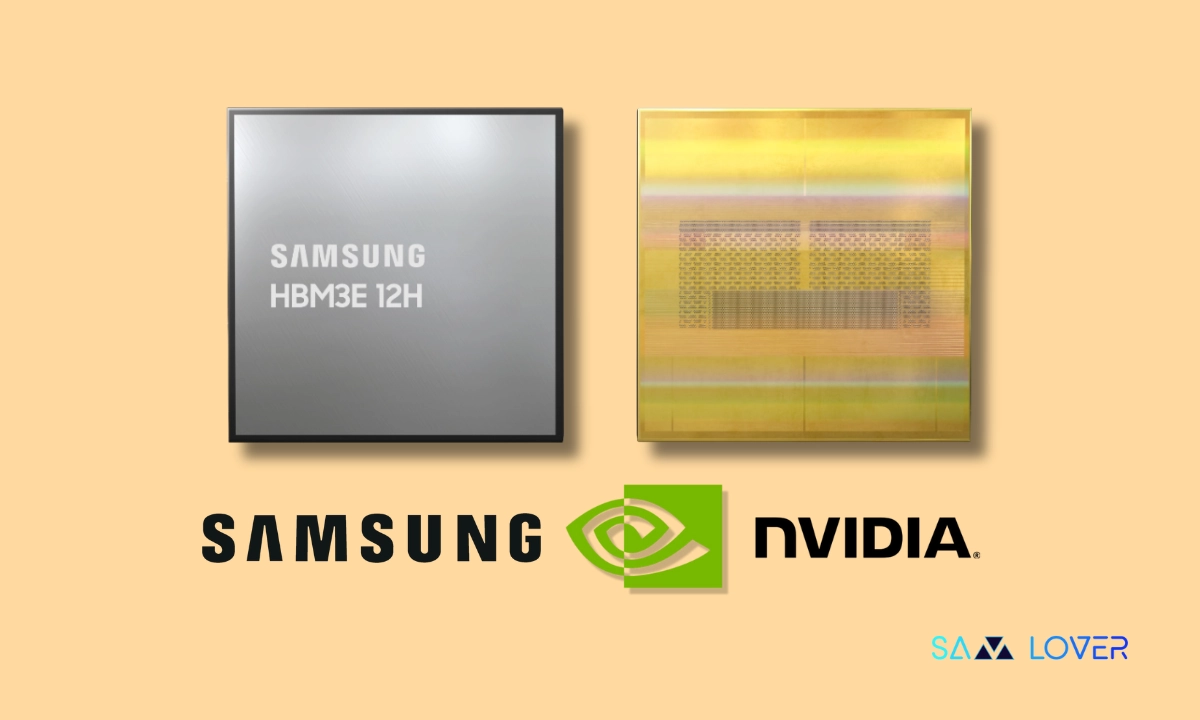
Samsung Electronics begins the mass production of 12-layer HBM3E chipsets, which seems as a proactive strategy to ensure it can supply these advanced chipsets promptly once NVIDIA approves their use, which is expected within the first half of the year.
A new report from ZDNet Korea revealed that Samsung is poised to get Nvidia’s approval for its new 12-layer HBM3E chipset. Although the company has already started the mass production of its flagship memory chips, that is supposed to be used in Nvidia’s AI accelerators, used by several tech firms for AI processing.
Reportedly, Samsung’s upgraded 12-layer HBM3E chips began mass production in February. These chips are based on in-house 1a DRAM (fifth-generation 10nm class), which is anticipated to offer enhanced performance compared to previous HBM3E chipsets. Unfortunately, they failed to match Nvidia’s expectations tests in the second half of 2024, causing major losses.
It’s expected that the Korean tech giant could now make 120,000 to 130,000 units of HBM3E chips per month. Noticeably, the entire production process takes approximately six months. In case Nvidia approves the chipset order in June or July, it will be a tough task for Samsung to start the mass production then, since it could be too late.
Nvidia is also expected to switch to HBM4 chips for its new AI accelerator called Rubin later this year. This forces Samsung to start mass production of 12-layer HBM3E chips already, to avoid a situation lacking enough stock ready by the time it receives approval from Nvidia.



